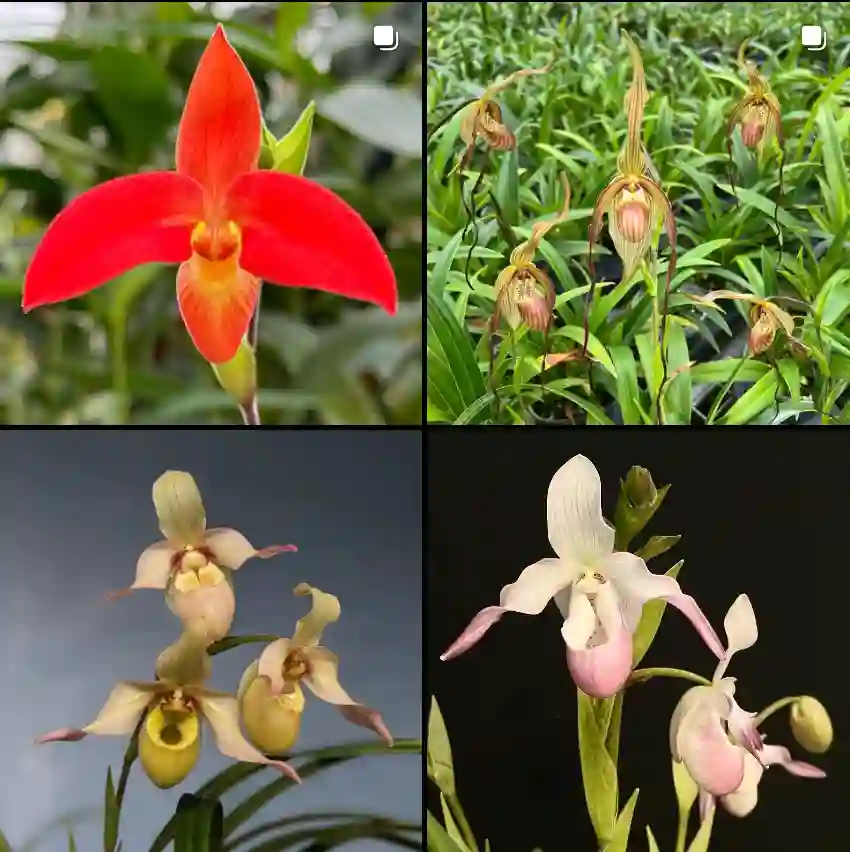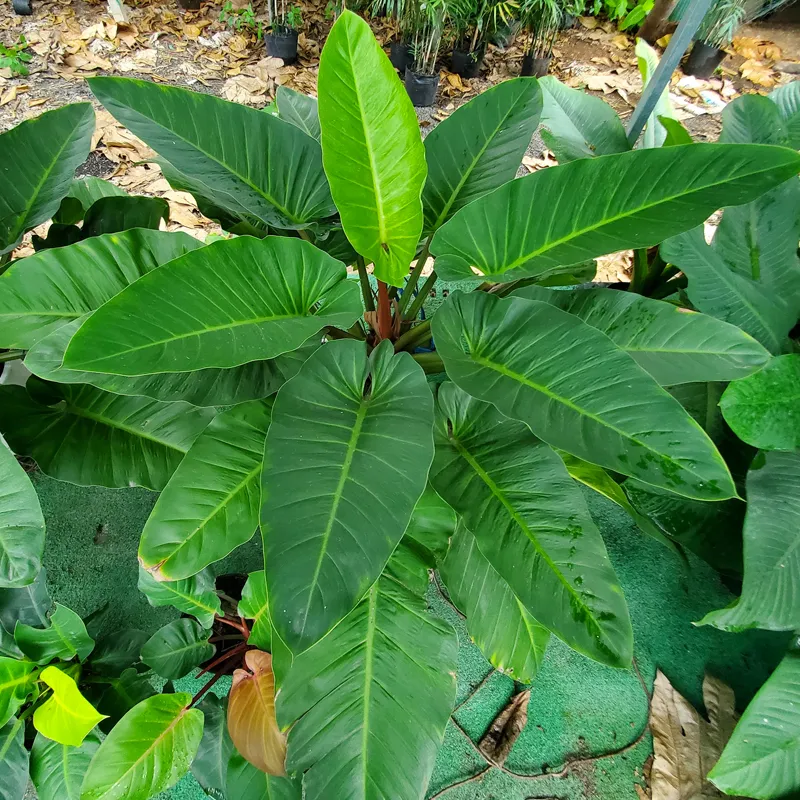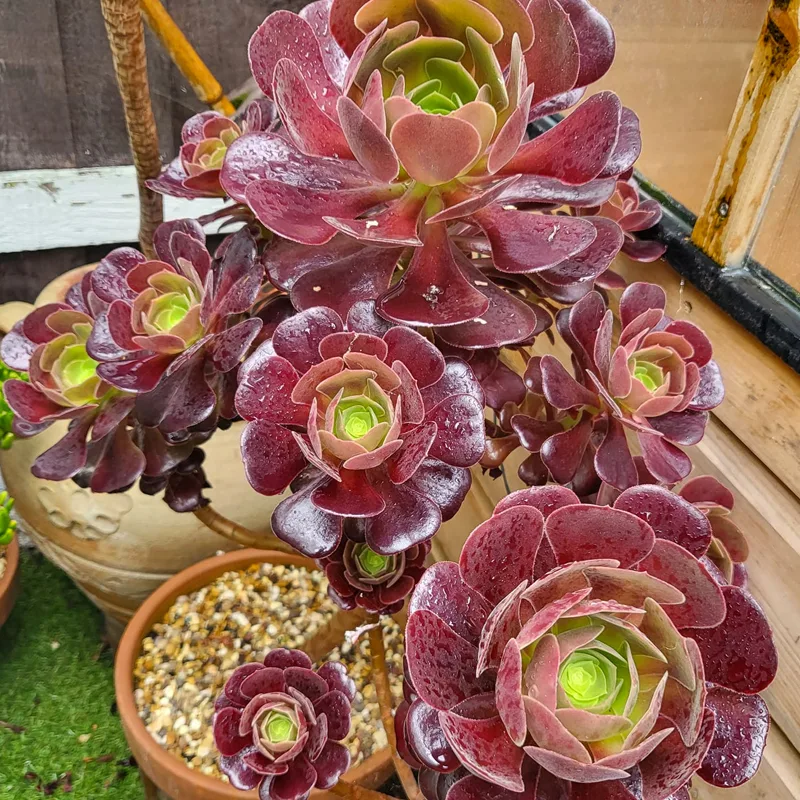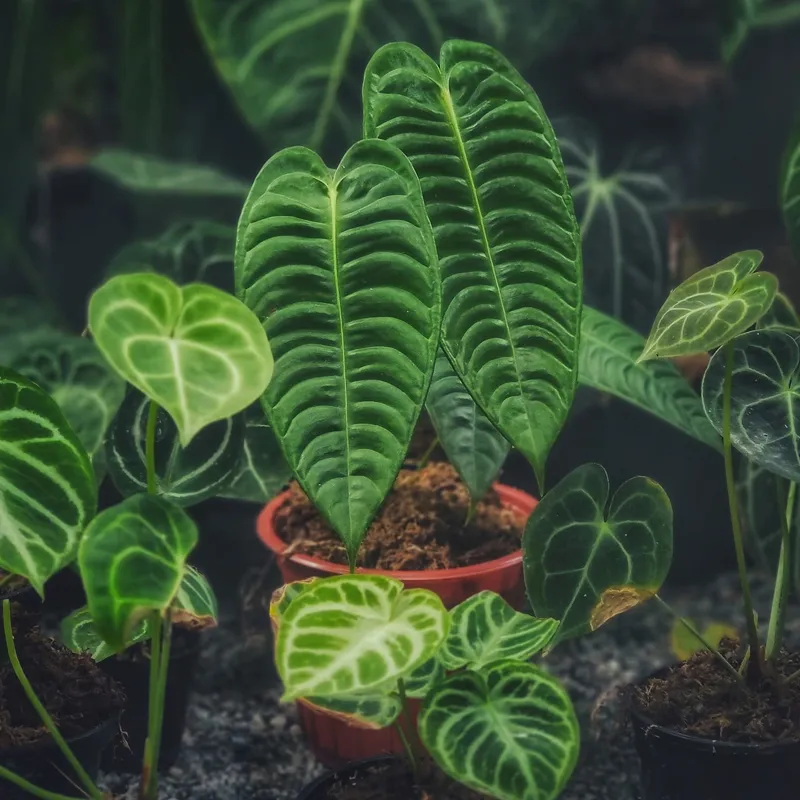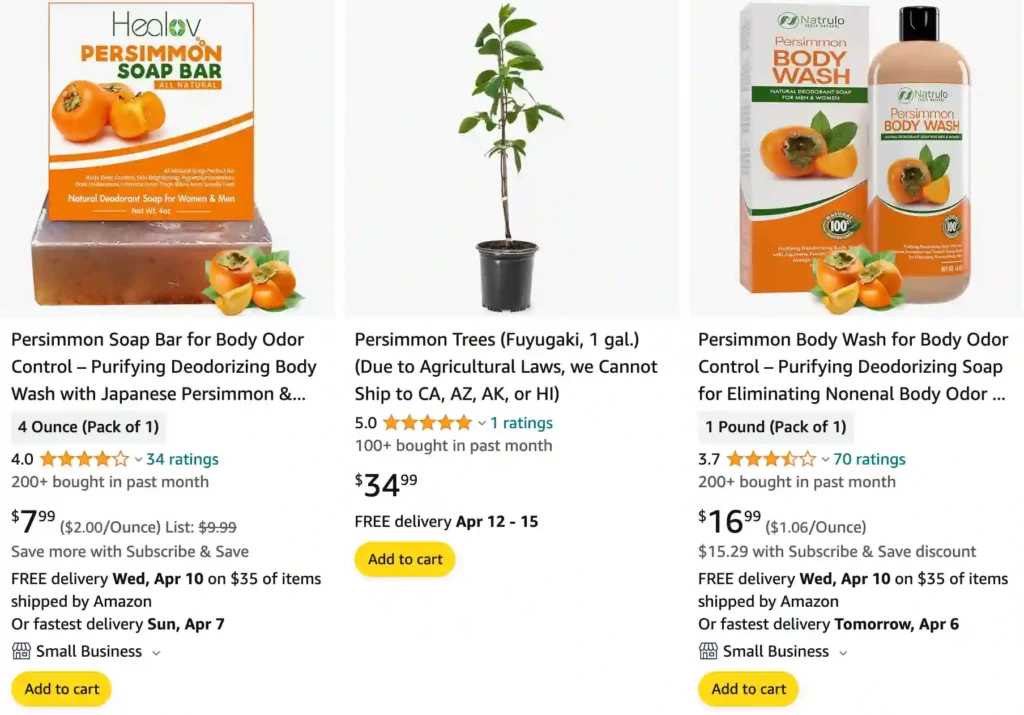
Exploring Persimmon Species: A Personal Journey
Persimmons have always fascinated me. Their unique taste, texture, and cultural significance make them a fruit like no other. Over the years, I’ve had the pleasure of growing and tasting various persimmon species, each with its own charm and quirks. Let me take you on a journey through some of the most remarkable persimmon species I’ve encountered, following my experiences and observations.
780 Species in Genus Diospyros
FAQs
What Are Persimmons?
Persimmons belong to the genus Diospyros, a term derived from Greek meaning “divine fruit.” These trees are part of the Ebenaceae family, known for their hard, ebony wood and luscious fruit. While hundreds of species exist globally, only a handful are widely cultivated for their edible fruit.
The two most commonly known persimmons are the Asian persimmon (Diospyros kaki) and the American persimmon (Diospyros virginiana). Both have distinct characteristics that set them apart, and I’ve had the privilege of growing and tasting both in different settings.
How to ripen persimmons?
I find that leaving persimmons at room temperature on a kitchen counter for a few days usually does the trick; they soften up nicely and develop that sweet, honey-like flavor I enjoy.
How to grow persimmon from seed?
Growing persimmons from seed is a fun project; I soak the seeds in water for 24 hours before planting them in a well-draining potting mix and keep them warm and moist to encourage sprouting.
What does a persimmon tree look like?
In my garden, persimmon trees are quite striking with their glossy, green leaves that turn a vibrant yellow or red in fall, and they have a distinctive, somewhat ornamental shape.
Are persimmons safe for dogs?
I’ve read that persimmons aren’t the best treat for dogs due to their high sugar content and potential to cause digestive issues, so I avoid sharing them with my pets.
Do persimmons ripen off the tree?
Yes, I’ve noticed that persimmons do ripen off the tree; they just need a little time to soften up after being picked, making them perfect for a delayed harvest.
How to cook persimmons?
I enjoy roasting persimmons at a low temperature with a sprinkle of cinnamon and honey; it brings out their natural sweetness and makes for a delicious, warm treat.
How to store persimmons?
To keep persimmons fresh, I store them in the fridge if they’re ripe and at room temperature if they’re still hard; this helps extend their shelf life and maintain their flavor.
What colour is persimmon?
The color of persimmons is a bright, vibrant orange that can range from a soft apricot hue to a deep, almost reddish orange when fully ripe.
Can chickens eat persimmons?
Chickens seem to enjoy persimmons as a treat; I’ve given them small pieces and they peck at them enthusiastically, but I keep it in moderation due to the fruit’s sugar content.
Do you eat persimmon skin?
I personally eat persimmon skin when it’s thin and tender; it adds a nice texture and flavor, but I make sure to wash the fruit thoroughly first.
Can you freeze persimmons?
Yes, I’ve successfully frozen persimmons by slicing them and placing them in freezer bags; they’re great for smoothies or desserts later on.
Do deer eat persimmons?
Deer love persimmons; I’ve had to protect my trees with fencing because the deer seem to find the fruit irresistible and will devour them if given the chance.
How big do persimmon trees get?
Persimmon trees in my garden have reached about 15 to 30 feet tall, with a broad canopy that provides nice shade and plenty of fruit.
How to dry persimmons?
I dry persimmons by slicing them thinly and using a food dehydrator or my oven at a low temperature; it’s a great way to preserve them and intensify their sweetness.
Persimmon vs Tomato
I’ve found that eating a ripe persimmon feels like biting into a honeyed fruit with a custard-like texture, whereas tomatoes have a more refreshing juiciness but lack that creamy sweetness, which is why I usually reach for persimmons when I’m craving something indulgent.
Persimmon vs Sharon Fruit
To me, the persimmon and Sharon fruit are quite similar, but I prefer the Sharon fruit for its crisp texture and milder sweetness, while persimmons can sometimes be a bit too rich and soft for my taste.
Persimmon vs Orange
Oranges are my go-to for a zesty, juicy burst, but when I’m in the mood for something smoother and less acidic, a ripe persimmon is my choice, as it delivers a velvety texture that oranges simply can’t match.
Persimmon vs Kumquat
Kumquats offer a tangy and zesty punch that I enjoy, but when I want something less tart and more soothing, I’ll opt for persimmons, which have a mellow, sweet flavor that’s perfect for relaxing snacking.
Persimmon vs Apricot
While apricots have their own delightful tartness and juiciness, I prefer persimmons for their smooth texture and deep sweetness, which makes them a more luxurious treat in my opinion.
Persimmon vs Fuyu
Fuyu persimmons are my favorite because they are crisp and sweet, offering a texture that’s perfect for snacking, whereas other types of persimmons can sometimes be too soft or a bit more astringent for my liking.
Persimmon vs Loquat
Loquats have a pleasant tartness and a tropical twist that I enjoy, but for a smoother, more honeyed flavor, I’ll choose persimmons, which offer a comforting sweetness that loquats don’t quite provide.
Persimmon vs Lulo
Lulo’s tangy, citrusy flavor is a fun change from the sweeter persimmons, but when I want something with a more mellow, sweet richness, persimmons are definitely my fruit of choice.
Persimmon vs Passion Fruit
Passion fruit’s intense tanginess is refreshing, but when I’m craving a sweeter, creamier treat, I go for persimmons, which give me that smooth, rich flavor that passion fruit lacks.
Persimmon vs Paw Paw
Paw paws have a custardy, tropical taste that’s interesting, but I find persimmons to be more consistently sweet and smooth, making them a more reliable choice for my taste preferences.
Persimmon vs Peach
Peaches are wonderful for their juicy sweetness and slight tartness, but when I’m in the mood for something with a smoother texture and deeper sweetness, persimmons are my go-to fruit.
Persimmon vs Pomegranate
Pomegranates offer a burst of tart juiciness that I enjoy, but for a more mellow, sweet, and creamy experience, persimmons take the lead as my preferred choice.
Caring for Persimmon Trees
Growing persimmons requires attention to detail, but they’re surprisingly resilient once established. Here’s what I’ve learned:
- Soil: They prefer well-drained soil with a slightly acidic to neutral pH.
- Watering: Young trees need consistent watering, but mature ones are drought-tolerant.
- Pruning: Minimal pruning is needed, except to shape the tree or remove dead branches.
- Pest Control: Persimmon trees are relatively pest-resistant, though vigilance is key.
Cultural and Culinary Significance
Persimmons hold cultural importance across the globe. In Japan, they symbolize good fortune and are often dried into sweet treats called hoshigaki. In the southern United States, American persimmons have inspired recipes for puddings and breads passed down for generations. I love incorporating them into both traditional and modern dishes, experimenting with textures and flavors.
Conclusion
Exploring persimmon species has deepened my appreciation for this remarkable fruit. Each type, from the creamy Hachiya to the wild American, tells a story of resilience, sweetness, and adaptation. Whether you’re foraging in the woods or tending to a backyard tree, persimmons offer a connection to nature and a taste of something truly divine.
If you’ve never tried growing or tasting persimmons, I encourage you to start. Their rich history and flavor make them a rewarding addition to any garden—or table.
If i die, water my plants!
